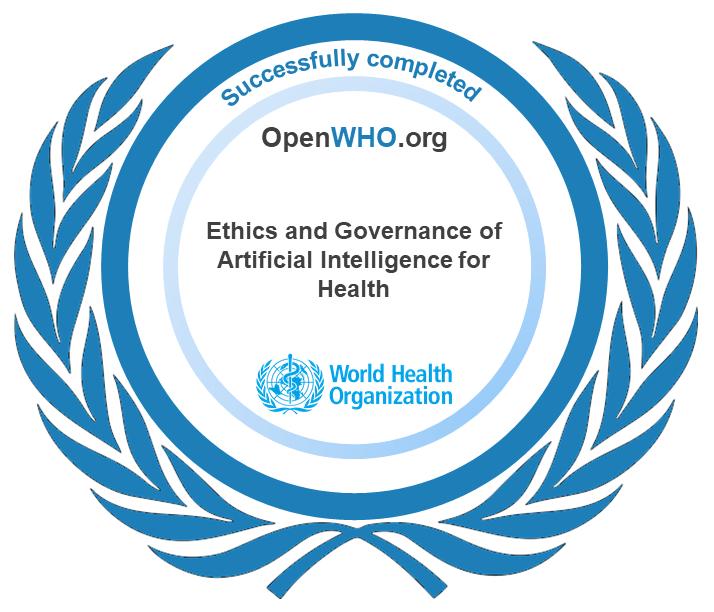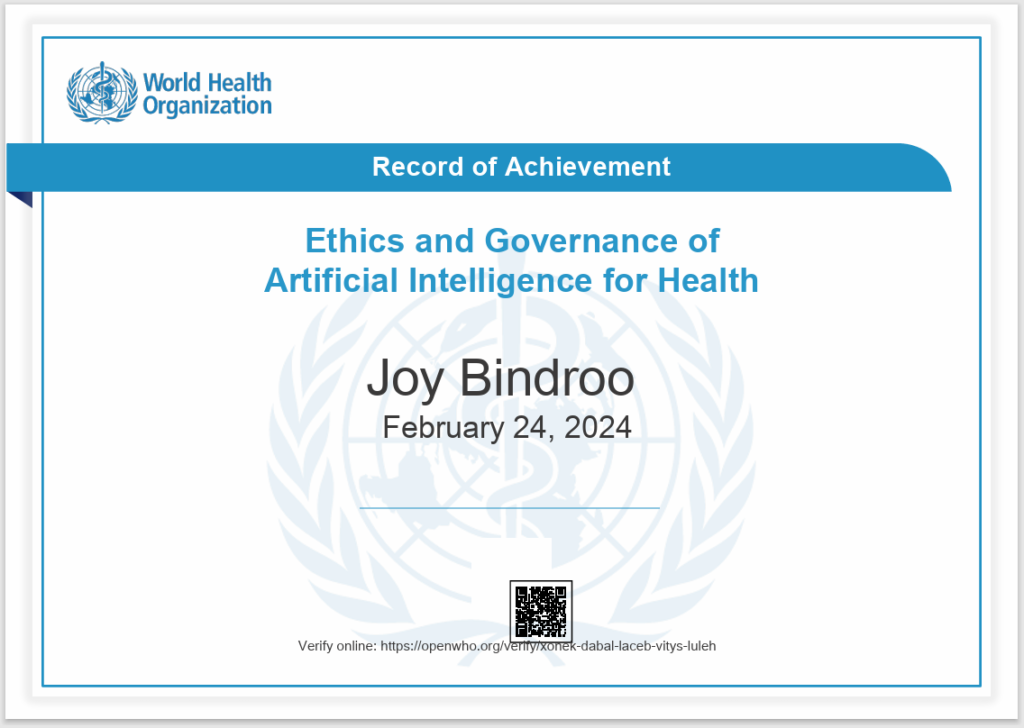Category: Public Health
Empowering e-Governance in India: How the National Informatics Centre (NIC) Supports the Development of Government Websites, Including Health Programs
The National Informatics Centre (NIC) is a premier information technology organization of the Indian Government that provides e-governance solutions and support to various government departments and agencies. The organization was established in 1976 and has since played a crucial role in the development and implementation of various government programs and initiatives.
NIC supports the development of government websites, including those related to health programs, by providing technical expertise, infrastructure, and software applications. NIC provides various services such as website design, web hosting, content management system (CMS) development, and data center services to government departments and agencies.
NIC also provides support for the implementation of e-governance initiatives such as the National Health Stack, which aims to create a shared digital infrastructure for healthcare service delivery across the country. The National Health Stack includes various components such as the National Health ID, Health Data Management Policy, Federated Personal Health Records (PHR) system, and Health Analytics Platform, which aim to create a comprehensive health information system that can be used to improve healthcare service delivery and outcomes.
In summary, the National Informatics Centre plays a crucial role in supporting the development and implementation of government websites, including those related to health programs, by providing technical expertise and infrastructure support. The organization’s contribution is critical to the success of various e-governance initiatives, including the National Health Stack, which aims to improve the delivery of healthcare services in India.
How Information Systems Support Public Health Programs in India
Information systems (IS) are systems that use information and communication technologies (ICT) to capture, store, manage, process, and distribute data and information for various purposes within an organization or across organizations. Information systems play a critical role in supporting the operations, decision-making, and strategic planning of businesses and other types of organizations. The main components of an Information System are – Hardware, Software, Data, Procedures & People.
Hardware: In the context of national public health programs in India, hardware refers to the physical devices used to store and manage data at various levels of the healthcare system. This includes servers, data centers, and computer systems used by government agencies, healthcare facilities, and other stakeholders to capture, store, and process health data related to public health programs.
Software: Software plays a crucial role in national public health programs in India, as it includes applications and systems used for data management, reporting, and analysis. This may include disease surveillance systems, electronic health record (EHR) systems, data analytics tools, and reporting platforms used by government agencies to monitor the progress and effectiveness of public health programs.
Data: Data is a critical component of national public health programs in India, as it includes information related to disease prevalence, population health indicators, and program outcomes. This data is collected, stored, and analyzed in information systems to inform policy decisions, program planning, and resource allocation.
Networks: Networks are essential for the exchange of data and information in national public health programs in India. This may include networks that connect different levels of the healthcare system, such as district, state, and national levels, to facilitate data sharing, reporting, and communication among various stakeholders involved in public health programs.
Procedures: Procedures are vital in national public health programs in India to ensure data accuracy, quality, and security. This may include protocols for data collection, data validation, and data entry, as well as standard operating procedures for reporting, data sharing, and data privacy in compliance with relevant regulations and guidelines.
People: People play a crucial role in national public health programs in India, as they are the users, managers, and beneficiaries of information systems. This includes healthcare professionals, government officials, public health workers, and other stakeholders who use information systems to collect, manage, and analyze data to inform decision-making, program planning, and implementation.
In the context of national public health programs in India, information systems encompass hardware, software, data, networks, procedures, and people, which collectively support data-driven decision-making, program management, and monitoring to improve the effectiveness and impact of public health programs in the country.


